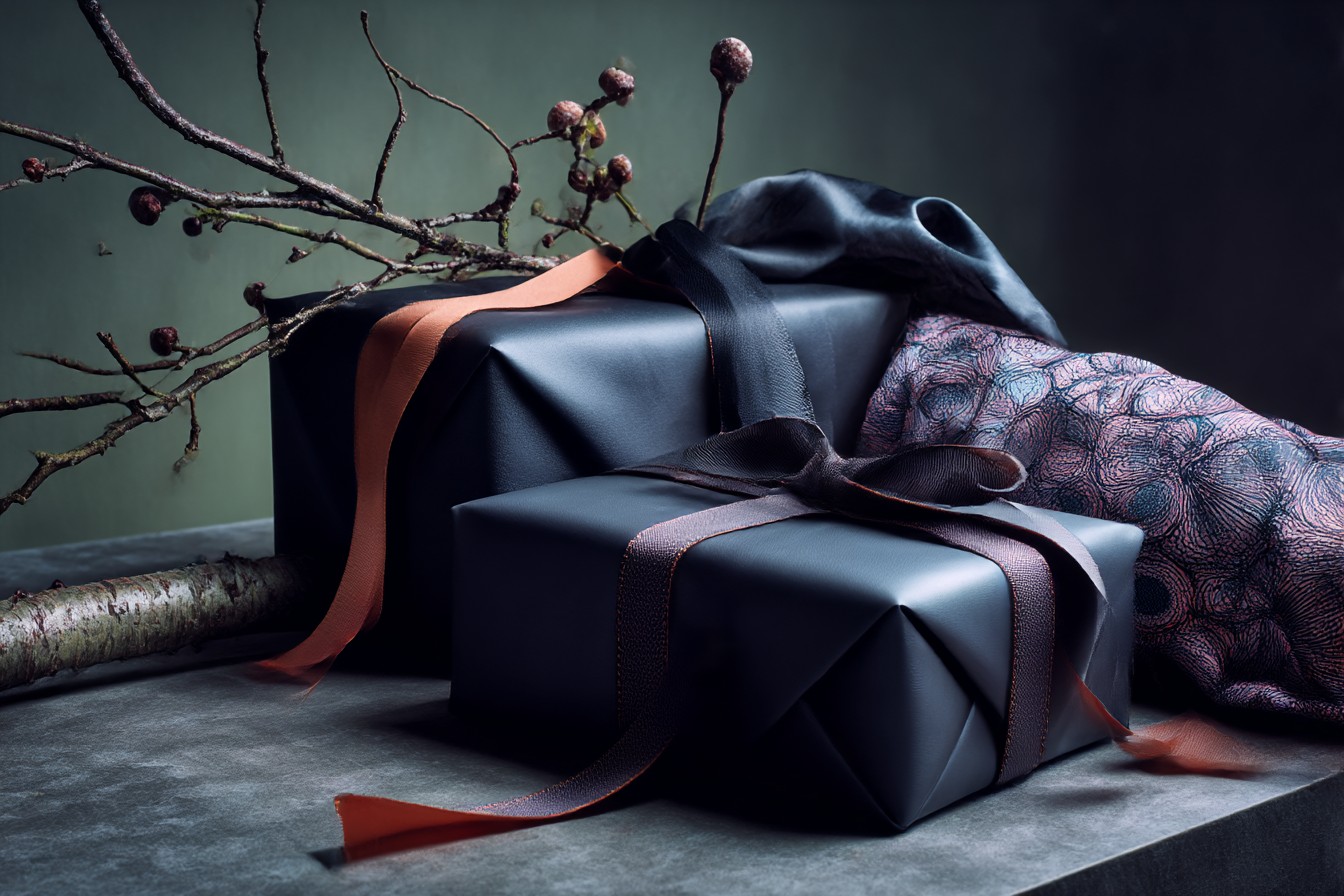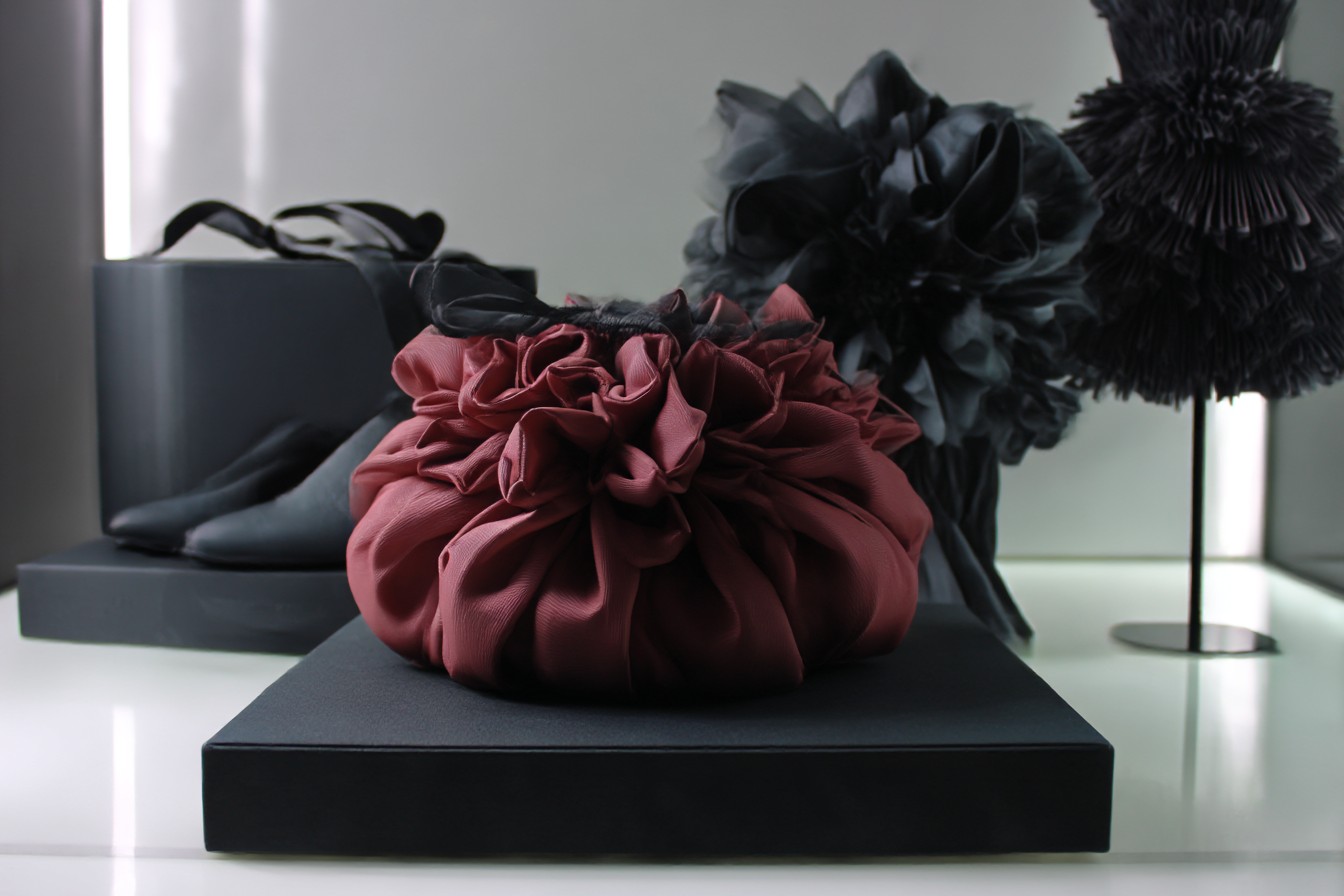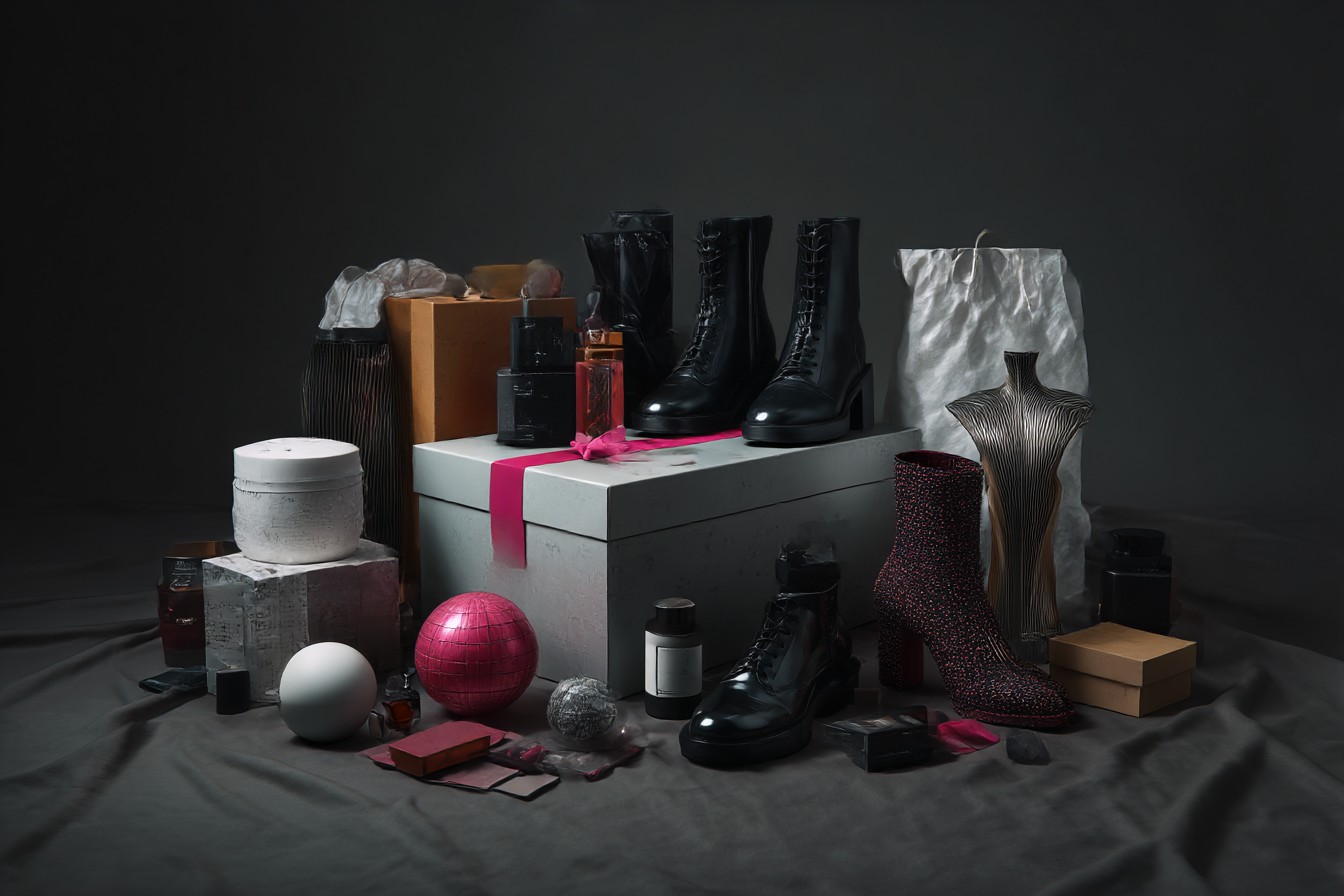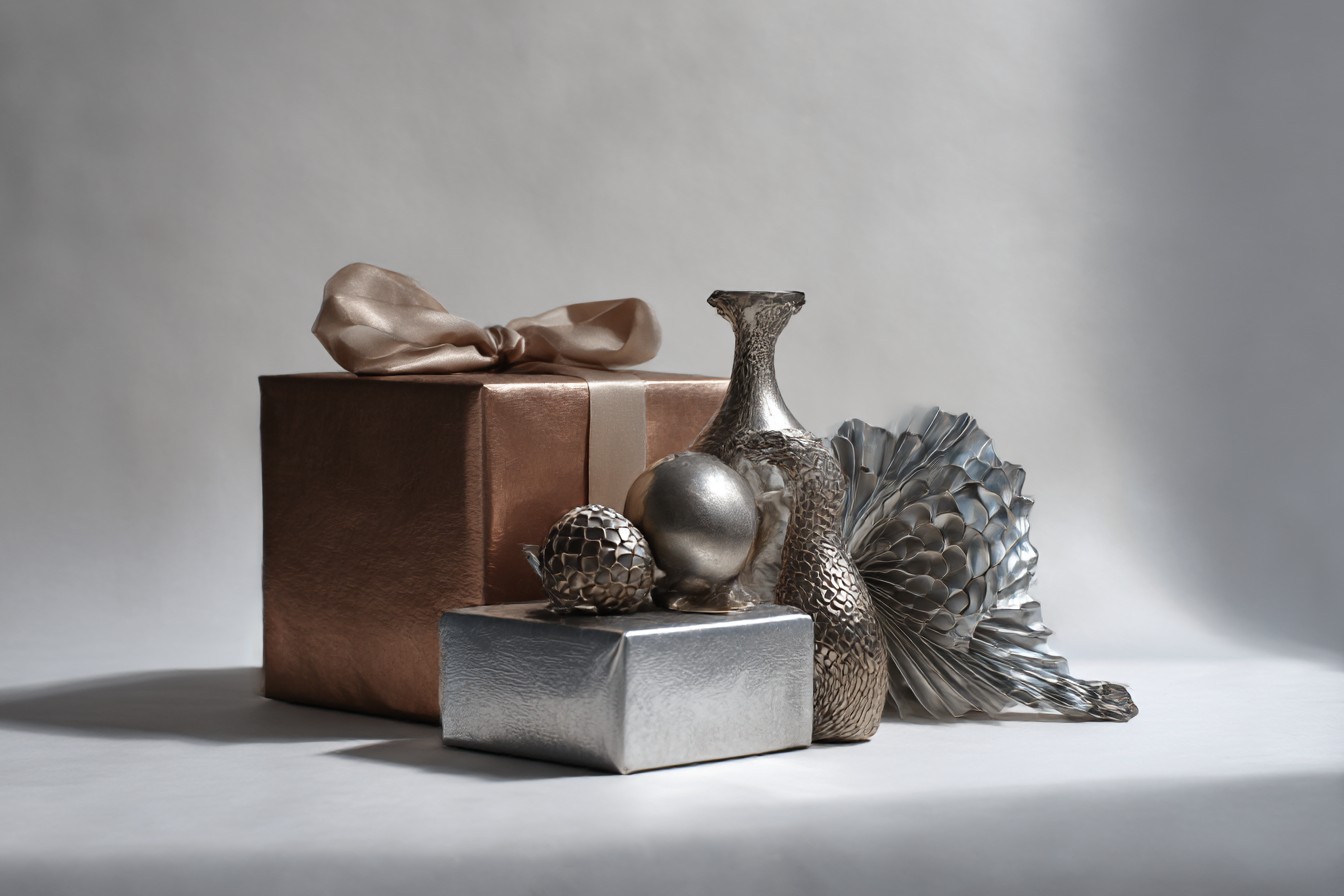Last Christmas morning, I watched my brother-in-law’s face as he unwrapped the insulated travel mug I’d given him. For a split second—so brief you’d miss it if you weren’t obsessively watching for gift reactions like I do—there was that flicker. You know the one. That microsecond of “oh… it’s a… mug” before the polite smile takes over. I nearly kicked myself. After fifteen years of carefully cultivated gift-giving prowess, had I really sunk to the level of giving someone a bloody travel mug for Christmas?
But then something fascinating happened. Six weeks later, I got a text from him with a photo: the travel mug on his desk at work, accompanied by: “Used this thing every single day since Christmas. Keeps my coffee hot for HOURS. Best present ever???” And he wasn’t just being nice—I checked with my sister who confirmed he’d been banging on about it to anyone who would listen. That mug had become his prized possession.
It got me thinking about how we’ve developed this strange hierarchy of gifts, where practical items are somehow considered less thoughtful, less special. I mean, I get it. There’s something decidedly unsexy about unwrapping a new set of dishcloths or a really good potato peeler, isn’t there? We’ve been conditioned to believe that a “good” gift must be frivolous, unexpected, purely pleasurable. Something you want rather than something you need.
But hang on—I’m starting to think we’ve got it all wrong. Because when you really pay attention to what people actually use, cherish, and talk about months after the wrapping paper’s been recycled, it’s often the practical, everyday items that have quietly embedded themselves into the recipient’s life.
I have a confession to make. My most treasured gift from Charlie isn’t the gorgeous vintage globe he found for our first anniversary or the surprise weekend in Edinburgh for my 30th. It’s the ridiculously expensive Japanese chef’s knife he gave me three Christmases ago, wrapped in simple brown paper with a red ribbon. “This is probably boring,” he’d said apologetically, “but you’re always complaining about your knives.” Boring? I use that knife literally every day. Every. Single. Day. It’s transformed my cooking experience from mild frustration to genuine pleasure. When I run my fingers along its perfectly balanced handle, I think of Charlie—not just once a year when I pull out a special occasion item, but multiple times daily.
This revelation sent me back to my gift notebooks (yes, I still keep them, much to Charlie’s ongoing amusement). I started tracking the gifts I’d given over the years that recipients still mentioned months or years later. A clear pattern emerged: roughly 70% of the gifts that had staying power were items that solved a specific problem or upgraded an everyday experience.
There was the high-end umbrella I’d bought my perpetually drenched friend Maisie who commutes to Canary Wharf—she named it “Sebastian” and sends me photos of it protecting her during particularly apocalyptic London downpours. The weighted blanket I got for my anxiety-prone cousin that she now refers to as her “emotional support blanket.” The ergonomic garden tools for my dad that finally relieved his arthritic hands after decades of making do with basic Homebase specials.
None of these gifts prompted the immediate “wow” reaction of, say, concert tickets or luxury chocolates. But they’ve integrated themselves into the recipients’ lives in a way that flashier presents simply haven’t.
Of course, there’s an art to giving practical gifts that don’t make you look like you’ve put in minimum effort or, worse, like you’re criticising. Nobody wants the passive-aggressive diet cookbook or the “hint hint” tooth-whitening kit. Trust me on this one—I learned the hard way after giving my university housemate a fancy alarm clock after she’d made us late for a group outing. She didn’t speak to me for three days.
The difference lies in spotting a genuine need, rather than imposing your own agenda. It’s about noticing when someone mentions the same small frustration repeatedly, or observing them struggling with a subpar tool, or hearing them express admiration for something that would make their routine better but that they can’t justify buying for themselves.
Take my mum, for instance. For years she’d been using the same ancient Tesco hand mixer that made an alarming grinding noise and occasionally shot cake batter across the kitchen. She’d never replace it because “it still works, doesn’t it?” (Classic mum logic.) Last Mother’s Day, rather than the usual flowers and chocolates, I got her a properly fancy KitchenAid mixer in a retro cream colour that matched her kitchen. She actually teared up—not because it was expensive, but because it showed I’d been paying attention to something that affected her everyday life.
That’s the secret sauce of practical gifting—it says “I see you. Not just special-occasion you, but everyday you. The you that stands in the kitchen on Tuesday evenings trying to get dinner sorted. The you that walks the dog in the rain. The you that has actual needs beyond being briefly delighted by something shiny.”
I’ve seen this principle work magic even in high-stakes gift situations. My friend Priya was in absolute bits about what to get her notoriously difficult father-in-law for his 70th. She’d gone down the luxury route for years—expensive whiskies, designer ties, the works—all met with polite but distinctly underwhelmed thanks. After an hour-long strategy session over coffee (yes, I do these for friends, and yes, I am aware this makes me slightly odd), we identified that he was passionate about his garden and had been complaining about neighbourhood cats using his vegetable patch as a toilet. We found an ultrasonic, humane cat deterrent that was getting rave reviews from gardeners. Not glamorous, not expensive, certainly not what you’d expect for a milestone birthday. But apparently he rang Priya specifically to thank her and has been showing it off to his allotment mates like it’s solid gold.
Let’s be real for a moment. Part of the magic of practical gifts is their longevity. I love a spa day or a nice meal out as much as the next person, but those experiences, wonderful as they are, eventually fade into memory. A really great practical item creates dozens or hundreds of positive micro-experiences over time. That travel mug isn’t just keeping my brother-in-law’s coffee hot; it’s delivering a little moment of satisfaction every time he takes a sip and thinks, “still warm, brilliant.”
I think there’s something rather lovely about being the person who gave someone their favourite everyday item. The thing they reach for without thinking. The quiet hero of their routine. There’s an intimacy to it that more conventional “special” gifts often miss.
This isn’t to say I’m swearing off non-practical presents—my gift cupboard (which Charlie insists on calling “The Present Depository”) still contains plenty of beautiful, frivolous items waiting for the right recipient and occasion. But I’ve definitely recalibrated my thinking. Practical doesn’t mean thoughtless. Useful doesn’t mean boring. And sometimes the most meaningful gift is simply the one that makes Tuesday better.
I’ve started asking myself different questions when hunting for the perfect gift. Rather than “Will this impress them when they open it?” I’m asking “Will this still be making their life better six months from now?” Instead of “Is this special enough for the occasion?” I’m wondering “Is this useful enough to become irreplaceable?”
Mind you, there are certainly ways to elevate practical gifts so they still feel special in the moment of unwrapping. Beautiful packaging never hurts—I’m a bit notorious for going overboard with the gift wrap. (There was an incident involving hand-painted paper and dried flowers that took longer to create than some people spend shopping for the actual gift. Charlie staged a ribbon intervention.) Adding a small luxury alongside the practical item works wonders too—the garden tools for Dad were accompanied by a small batch gin from a Yorkshire distillery, which meant he still had something “fun” to open.
The language you use when giving practical gifts matters enormously too. Rather than “I noticed you needed this,” try “I found this amazing thing that made me think of you.” Focus on how the item reflects what you know and appreciate about them—their cooking skills, their dedication to their garden, their epic coffee habit—rather than what they lack.
I’ve been keeping a running list of practical gifts that have been unexpected hits. Posh rechargeable hand warmers for outdoor sports enthusiasts. Really good pillows (seriously, changed my sister’s life). A proper laptop stand for my friend who was working from her sofa and complaining of neck pain. Magnet-backed spice jars with the recipient’s most-used seasonings for their fridge door. A high-end garlic crusher for the friend who always has the smell lingering on her fingers despite loving the ingredient.
None of these will make anyone gasp with delight upon unwrapping. None would feature in a glossy magazine gift guide or look particularly impressive on Instagram. But every single one has generated genuine, lasting appreciation—often expressed weeks or months after the fact, when the gift has proven its worth in daily life.
So next time you’re struck with gift-buying panic and tempted to grab something conventionally “special,” take a breath. Think about the person’s everyday life. Consider what small irritation you could banish or what regular activity you could enhance. The perfect gift might be far more ordinary—and far more extraordinary—than you initially thought.
And if anyone tries to tell you practical gifts are a cop-out, send them my way. I’ve got a Japanese chef’s knife and fifteen years of gift spreadsheets that prove otherwise.




Leave a Reply